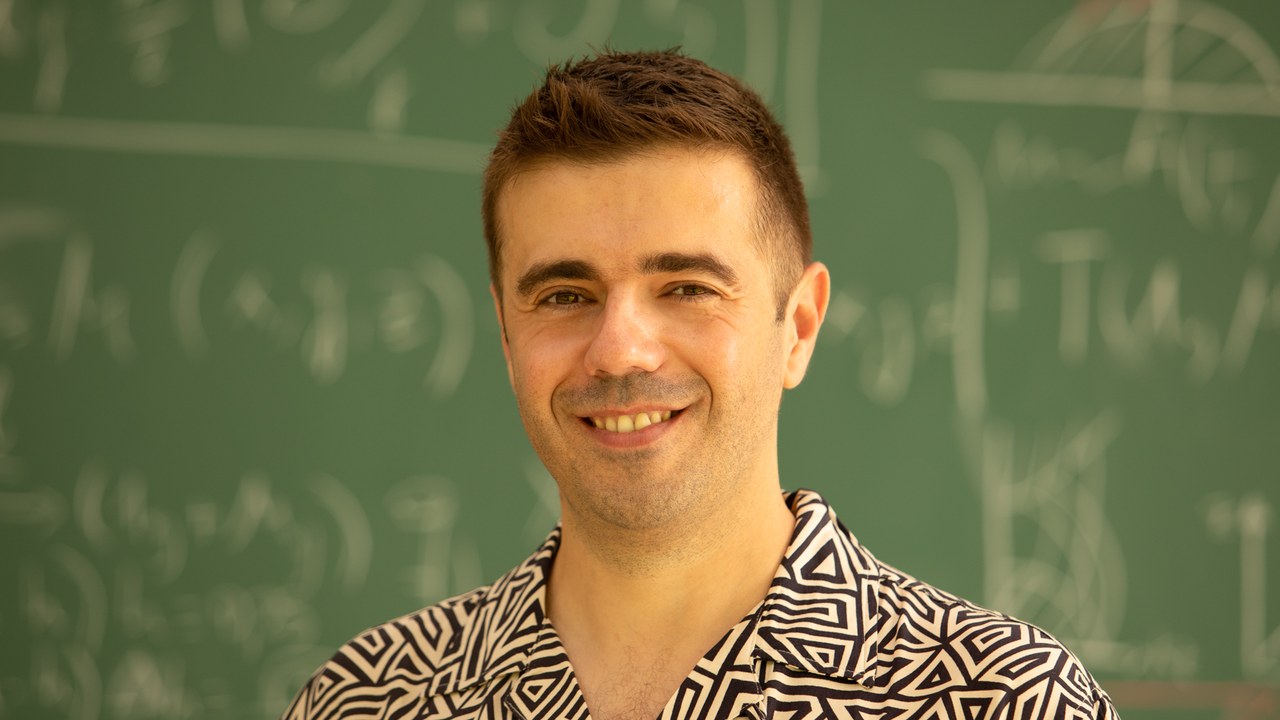Neurotechnologies: towards understanding and repairing the human brain
Collaborations
- Participant
-
Aitzol García-Etxarri
DIPC - When
-
2024/01/23
19:00 - Place
- San Telmo Museoa, Donostia / San Sebastián
- Add to calendar
-
iCal

In this talk, Aitzol García-Etxarri will explain the fundamentals of neurotechnologies and will also talk about neuro-rights.
Neurotechnologies are methods capable of reading and manipulating brain activity. In just a few years, through these technologies, science has achieved enormous milestones such as bringing an ALS patient out of isolation, or restoring part of the sight to patients with a very specific type of blindness.
Currently, the application of these therapies, although experimental, requires aggressive interventions on patients. Microelectronic devices have to be placed in the brain that are able to read the behaviour of neurons and change their behaviour. To achieve the same in a non-invasive way, i.e. through devices that act outside the skull, there are currently numerous initiatives worldwide.
After explaining the basics of neurotechnologies, neuro-rights will also be discussed. Neuro-rights are 5 new rights that are intended to be added to the universal declaration of human rights in order to protect against the dark paths that these technologies may take.
Language: Basque
Activity linked to the exhibition Brain(s)
About the speaker
Aitzol Garcia-Etxarri is an Ikerbasque researcher at the Donostia International Physics Center.
Aitzol is a telecommunications engineer and holds a PhD in physical sciences. His doctoral thesis was supervised by Javier Aizpurua and Pedro Miguel Etxenike, and in 2010 he was awarded the Extraordinary Doctorate Prize. He then worked as a researcher at Stanford University for 4 years. In 2015 he returned to San Sebastian to create his own research group thanks to the Fellows Gipuzkoa programme of the Provincial Council of Gipuzkoa.
Aitzol is currently the leader of the nano-photonics group at the DIPC where a dozen researchers study the interaction of light with nanoparticles. Thanks to these studies, new optical technologies have been developed that have applications in fields such as biomedicine and computing.
Today, among other scientific adventures, Aitzol is leading the "nanoneuro" project. This project seeks to apply nanoparticles to living beings to record and, if necessary, modify neuronal activity in a safe and non-invasive way.
Aitzol is also a science communicator. He gives informative talks and participates in various cycles. He has been a contributor to the Baipasa programme on Radio Euskadi, and sporadically participates in cultural publications such as JotDown Magazine. He is co-creator of the "Pride in Science" initiative.
He has just been named a Jakiunde young academic.
